According to 9.3.2 The this pointer [class.this]
1 In the body of a non-static (9.3) member function, the keyword this is a prvalue expression whose value
is the address of the object for which the function is called. [...]
So as the error says, the left hand side should be an lvalue but you're giving it a prvalue because change is a non-static member function and inside any non-static member function the keyword this is a prvalue according to the above quoted statement. Hence the error.
But you can modify the object that this points to, as shown below:
#include <iostream>
using namespace std;
class Test
{
private:
int x;
public:
Test(int x = 0) { this->x = x; }
void change(Test *t) { *this = *t; }//THIS WORKS
void print() { cout << "x = " << x << endl; }
};
int main()
{
Test obj(15);
Test *ptr = new Test (100);
obj.change(ptr);
obj.print();
return 0;
}
Note in the above example i have replaced this = t; with
*this = *t;//this time it works because now the left hand side is an lvalue
This time the program works because now the left hand side is an lvalue.
Some More Explanation
From IBM's this pointer documentation,
The this parameter has the type Test *const. That is, it is a constant pointer to a Test object. Now since it is constant pointer, you cannot assign a different pointer value to it using this = t;. And hence the error.
Similarly, from Microsoft's this pointer documentation,
the this pointer is always a const pointer. It can't be reassigned.
So this also explains the error you're getting.


